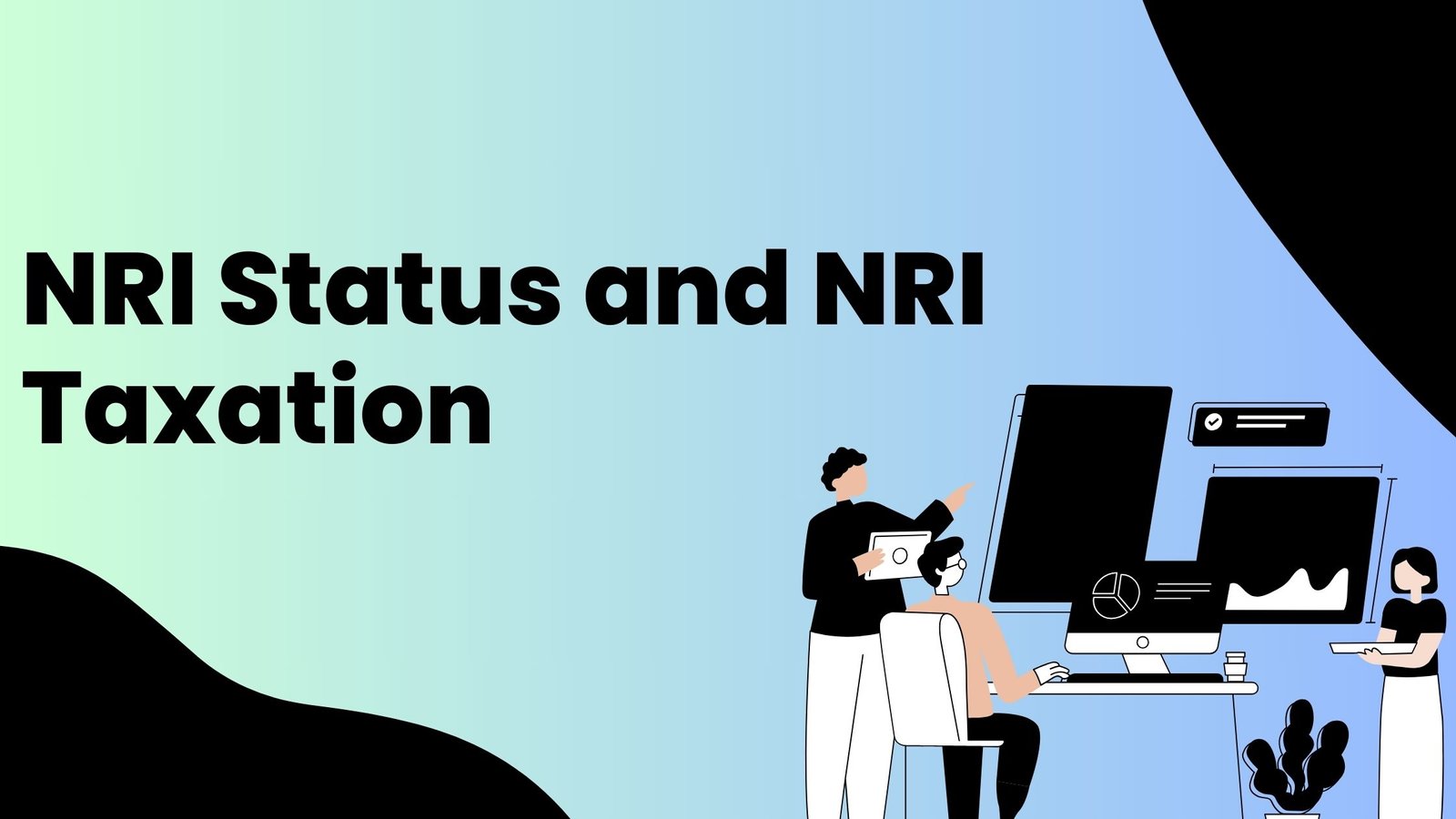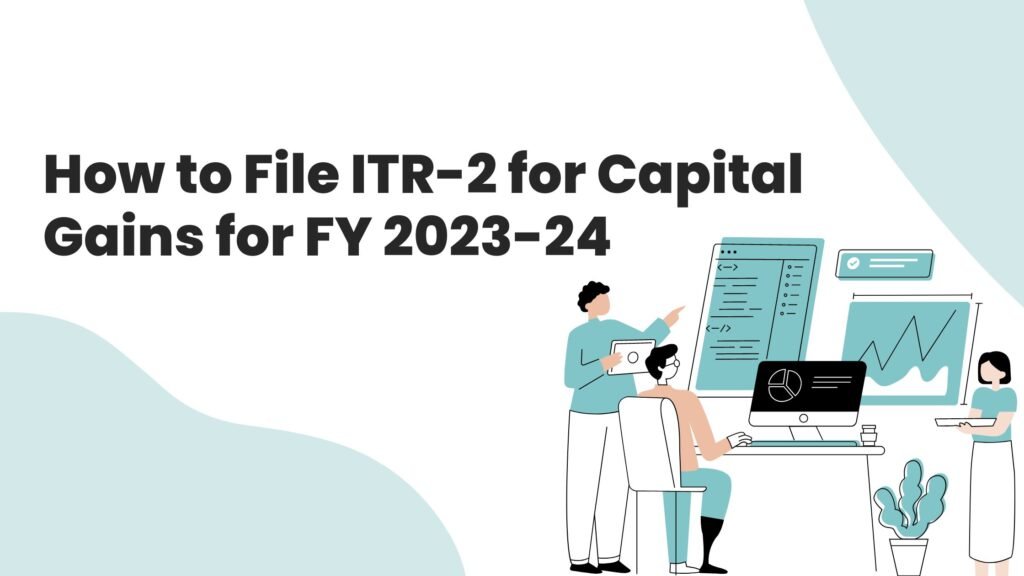
A Non-Resident Indian (NRI) is an individual of Indian origin who resides outside India. The Income-tax Act, 1961, distinguishes between Indian residents and NRIs, each subject to different tax regulations. The classification of residency determines an individual’s tax obligations in India.
This article explores NRI statuses, taxation rules, and the concept of Resident but Not Ordinarily Resident (RNOR). We will detail how taxable income is calculated based on your residency status and explain the RNOR category.
Regulations Governing NRI Status
Two primary laws govern NRI taxation and transactions in India:
- Income Tax Act – Manages the tax liabilities of NRIs.
- Foreign Exchange Management Act (FEMA) – Oversees foreign transactions, investments, and the opening of bank accounts by NRIs.
Definitions of NRIs vary between these acts. This article focuses on NRI definitions under the Income-tax Act, 1961.
Determining Your NRI Status
To ascertain your tax obligations in India, it’s crucial to determine your residency status for each financial year. If your status changes, such as traveling or relocating, you must reassess your status annually.
Who is Considered a Resident in India?
A person is deemed a resident of India for tax purposes if:
- They are in India for 182 days or more during the financial year, or
- They have been in India for at least 365 days in the four years preceding the current year and at least 60 days in the financial year.
These days can be accumulated over multiple visits to India.
Resident Status for Indians Employed Abroad
If an Indian citizen leaves India for employment abroad or works as a crew member on an Indian ship, they will be considered an NRI if they stay in India for less than 182 days in the preceding year.
Resident Status for Indian Citizens or Persons of Indian Origin
An Indian citizen or person of Indian origin who visits India and has an income exceeding Rs. 15 lakh, excluding foreign income, will be a resident if:
- They are in India for 182 days or more during the financial year, or
- They have been in India for at least 365 days in the four years preceding the current year and at least 120 days in the financial year.
Deemed Resident Status
An individual who is a citizen of India and has an income exceeding Rs. 15 lakh from sources other than abroad during a financial year is deemed to be a resident if they are not considered a tax resident of any other country.
Who is a Non-Resident Indian (NRI)?
If you do not meet the criteria for residency in India, you will be classified as an NRI. This status applies if you spend less than 182 days in India during the financial year.
Residential Status for Indian Citizens Working on Indian Ships
For Indian crew members, the period of stay in India excludes days covered by a Continuous Discharge Certificate (CDC). The CDC should comply with the Merchant Shipping (CDC-cum-Seafarer’s Identity Document) Rules, 2001, and the voyage must start or end at an Indian port.
For financial years starting from April 1, 2015, crew members on Indian ships are considered NRIs if they spend less than 182 days in India. The CDC period, even if in Indian waters, is excluded from the stay count.
Resident But Not Ordinarily Resident (RNOR)
If you have spent many years abroad and recently returned to India, you might be categorized as RNOR. You qualify as RNOR if:
- You were an NRI in 9 out of the 10 financial years preceding the current year, or
- You were in India for 729 days or fewer in the 7 financial years preceding the current year, or
- You are an Indian citizen or person of Indian origin with an income exceeding Rs. 15 lakh, excluding foreign income, and were in India for 120 days or more but less than 182 days during the previous year, or
- You are an Indian citizen with an income exceeding Rs. 15 lakh in the previous year and are not taxed in any other country due to domicile or residence.
Taxable Income for NRIs and RNORs
For NRIs, only income earned in India is taxable. Income earned abroad is not subject to Indian tax. For example, a non-resident crew of an Indian ship, salary earned on a foreign ship and credited to an NRE account is not taxable in India.
RNORs can maintain their status for up to 3 years after returning to India, which allows them to continue benefiting from NRI tax rules. This means income earned outside India remains non-taxable in India during this period. Once you become a resident, all income, both within and outside India, becomes taxable, subject to any reliefs available under the Double Taxation Avoidance Agreement (DTAA) between India and the income’s country of origin.
What Does ‘Earned’ in India Mean?
Income is considered “earned” in India if:
- It is received in India or deemed received in India.
- It accrues or arises in India or is deemed to accrue or arise in India.
What is ‘Accrued in India’?
Under Section 9 of the Income Tax Act, income is deemed to accrue in India if:
- It arises from a business connection in India.
- It originates from property, assets, or sources in India.
- It is capital gains from transferring a capital asset in India.
- It is salary for services rendered in India.
- It is salary paid by the Government of India for services rendered abroad by an Indian citizen.
- It includes dividends from Indian companies, even if paid abroad.
- It comprises interest, royalties, or technical fees received from specified entities.
Deductions for NRIs under Section 80C (Old Tax Regime)
NRIs can claim deductions under Section 80C while filing their Income Tax Return (ITR) for:
- Life insurance premiums
- Tuition fees for children
- Investments in Unit-Linked Insurance Plans (ULIPs)
- Repayment of the principal amount on loans for residential property
- Investments in Equity-Linked Savings Schemes (ELSS)
Additional deductions may be available under Sections 80G, 80D, 80TTA, 54, and 54EC, subject to certain conditions.


Breaking down the criteria for who is considered a resident in India, including the specific rules for Indian citizens employed abroad or working on Indian ships, is quite useful. The inclusion of the “deemed resident” status, especially for Indian citizens with substantial income from Indian sources (above ₹15 lakh) who are not tax residents elsewhere, is an important point that NRIs need to be aware of.